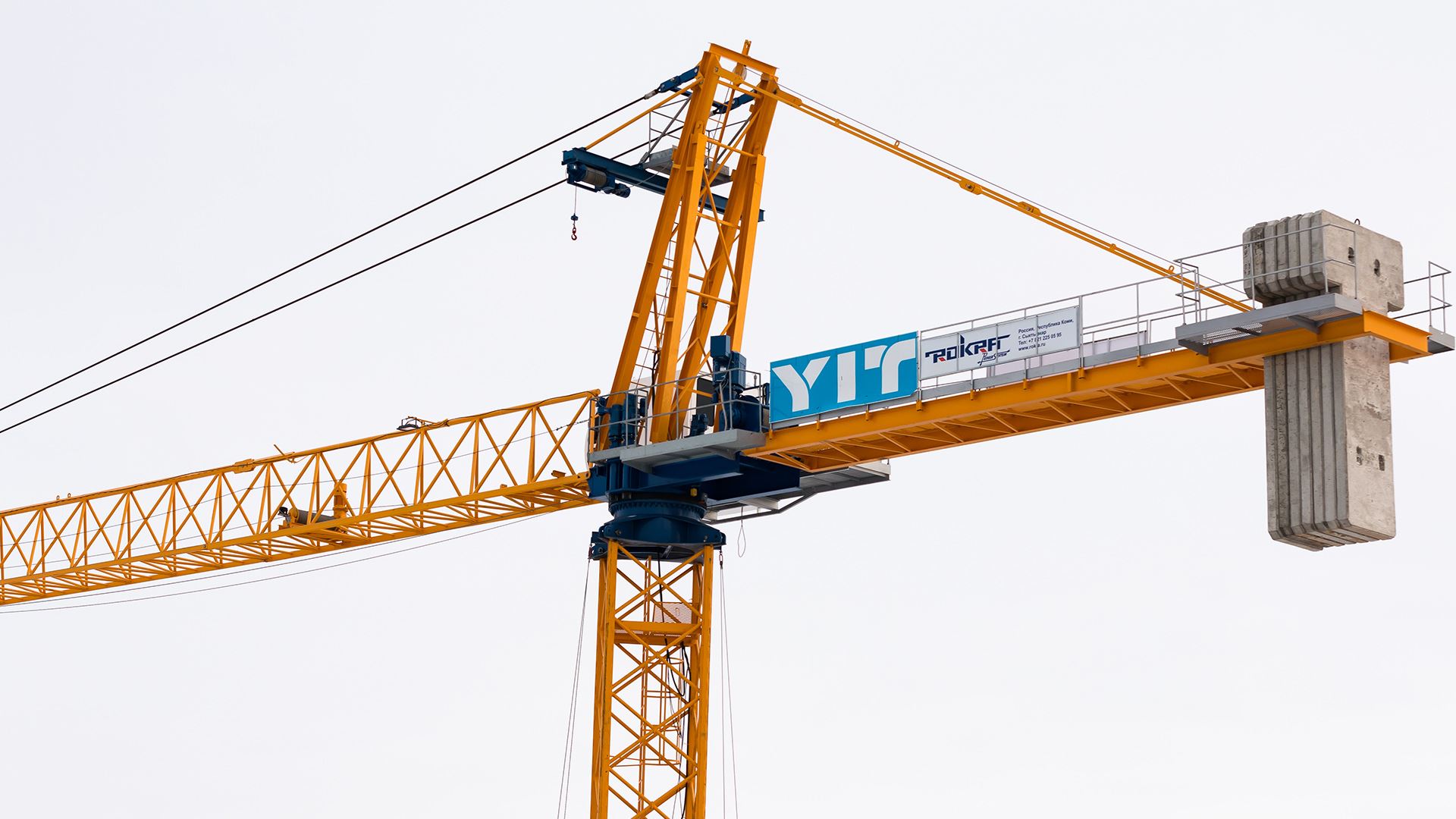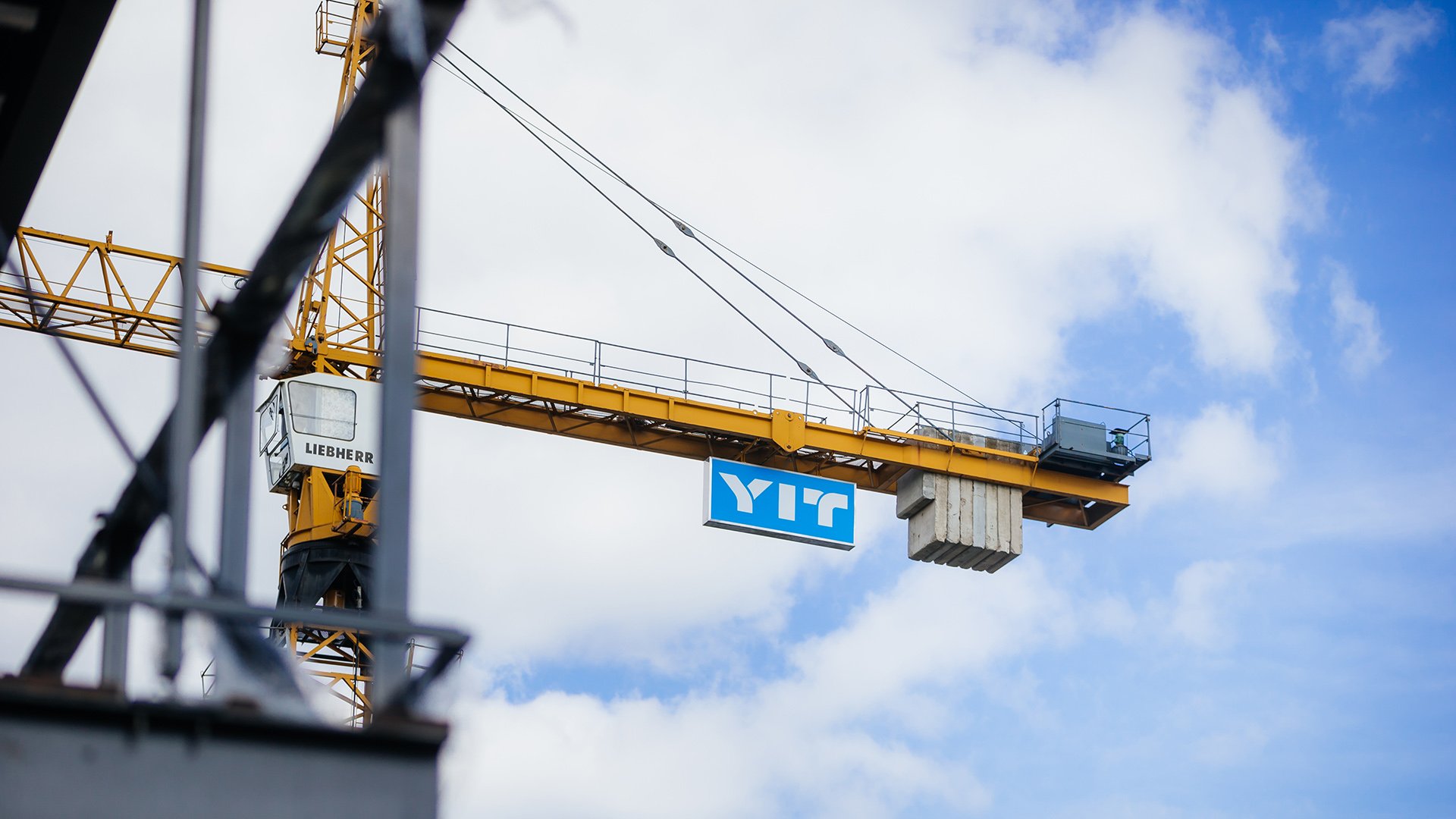Elanikud soovitavad: Päevalille 17 sai erakordselt kõrge hinnangu
- EE Articles
- Uudised
- 25.03.2021
- YIT Corporation
Olime kümme aastat tagasi esimeste seas, kes võtsid kasutusele rikkumistest teatamise süsteemi
YIT eetikakanali kaudu esitatakse igal aastal umbes 25 teadet.

2010. aastal kuulus YIT Soomes nende kümne ettevõtja hulka, kes hakkasid kasutama rikkumistest teatamise süsteemi.
„Kui YIT ja Lemminkäinen 2018. aastal ühinesid, siis kasutas kumbki ettevõtja oma süsteemi. Mõlemat analüüsiti, ent kokkuvõttes langetati otsus hoopis uue süsteemi kasuks. Uus lahendus sai nimeks YIT eetikakanal,“ selgitab YIT riskijuhtimise ja turbeküsimuste asepresident Ari Ladvelin.
2019. aastal võttis Euroopa Liit vastu rikkumistest teatamise direktiivi. Riigid peavad direktiivi üle võtma selle aasta lõpuks.
„Selle õigusaktiga ei kaasne meie jaoks mingeid olulisi muudatusi. Näiteks tagame YIT-s kaitse survemeetmete vastu tänu süsteemide infoturbele ning YIT eetikakomisjoni olemasolule, mis vastutab sõltumatu üksusena vahejuhtumite uurimise eest. Uue nõudena tekib meil kohustus reageerida saadud teadetele kindla ajavahemiku sees.“
Direktiiviga luuakse EL-i liikmesriikides riiklikud teavituskanalid, mis tähendab, et YIT võib peale ettevõttesiseste kanalite hakata saama teateid ka muude kanalite kaudu.

Süsteem soodustab kestlikkust ja ennetab riske
Viimastel aastatel esitatakse YIT eetikakanali kaudu keskmiselt 25 teadet aastas. Umbkaudu pooled vahejuhtumid saavad alguse väljaspool YIT-d ja pooled on ettevõttesisesed.
„YIT-s tuleks kõrvalekalletest või tegevusega seotud kahtlustustest teatada esmajoones alati oma otsesele ülemusele. Kui see ei ole võimalik või kui isik soovib jääda anonüümseks, siis võib teate esitada ka meie rikkumistest teatamise süsteemi kaudu,“ sõnab Ladvelin.
„Meieni jõuavad teated kõikidest riikidest, kuid EL-i läänepoolsetes riikides kasutatakse teatamisvõimalust sagedamini kui ida pool. Kõige sagedamini puudutavad teated hankeid, töötajaid, hooldustöid ja teenuseid,“ lisab Ladvelin.
Tegelikult on teated üsna hästi jaotunud vastavalt YIT äritegevuse mahule eri riikides.
„Meie arvates soodustab see süsteem kestlikkust ja ennetab riske. Seepärast soovime muuta eetikakanali võimalikult nähtavaks. YIT eetikakanal on aidanud tuua päevavalgele ka väga tõsist laadi juhtumeid, mis on omakorda viinud meetmete võtmise ja muudatuste tegemiseni,“ toonitab Ladvelin.
Ka teistel ettevõtjatel on jagada samalaadseid kogemusi. Seepärast on need süsteemid muutunud üha tavapärasemaks. Tänu EL-i direktiivile tuleb rikkumistest teatamise süsteem võtta kasutusele kõigis suuremates organisatsioonides.
„Edaspidi soovime tagada, et headest äritavadest peetaks kinni kogu tarneahela ulatuses – meie eesmärk on anda ehitusvaldkonna tööpõhimõtetele veelgi kestlikum ja eetilisem suund. YIT eetikakanalil on selles keskne roll,“ ütleb Ladvelin.



